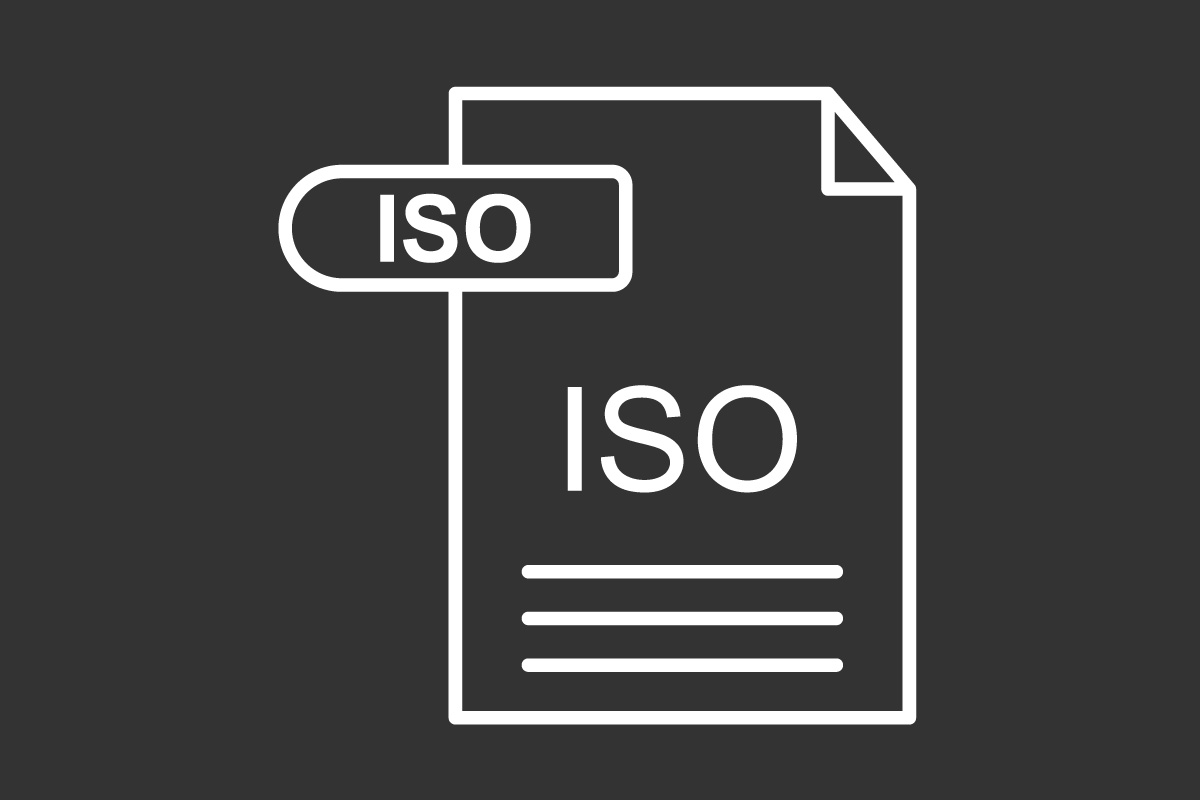Why Manage Health and Safety at Work?
It has never been more important to manage health and safety within your business. The reasons for this usually fall into three categories.
Moral:
Employers have a basic duty of care to provide a safe and healthy working environment for their employees. It is not acceptable for workers to suffer injury or ill health as a consequence of doing their job. Prioritising health and safety demonstrates that the organisation values its employees, fostering a positive work culture and boosting morale.
When your employees leave for work, it’s important that they return home safely at the end of the day!
Legal:
As an employer, you have a legal responsibility to protect the health and safety of your employees and anyone affected by your business’ activities. Failure to comply with legislation may result in enforcement action, potentially leading to prosecution.
Basic requirements for employers include:
- Have a health and safety policy. If you have 5 or more employees then this must be written down.
- Appoint a competent person to assist you in managing health and safety.
- Provide information and training to your employees.
- Carry out a suitable and sufficient risk assessment of the hazards your employees may be exposed to when at work. If you employ 5 or more people, you must record your significant findings.
- Have suitable arrangements in place to deal with any foreseeable emergency.
- Report certain workplace injuries, cases of ill-health and dangerous occurrences.
- Have the right workplace facilities.
- Consult with your employees on anything that may affect their health and safety.
- Display the health and safety law poster.
- Get insurance for your business.
The Health and Safety Executive for Northern Ireland (HSENI) can visit your premises at any reasonable time to carry out an inspection.
Financial
Accidents and ill health at work can be expensive. In what is often referred to as an ‘accident iceberg’, the majority of the costs from an accident are hidden below the surface. Indirect costs are unlikely to be covered by insurance.
Direct costs:
- Damage to equipment, plant or property
- Compensation claims
- Fines
- Sick pay
- Legal fees
- Lost time for the injured person
Indirect costs:
- Loss of knowledge
- Training of replacement personnel
- Reduced productivity and efficiency
- Higher insurance premiums due to injury claims etc.
- Potential damage to the company’s reputation
- Enforcement action
How SWK Can Help
SWK can provide the support and services necessary to ensure compliance with health and safety legislation, recognising both the moral responsibility to protect your workforce and the financial benefits of preventing costly accidents and disruptions.

Health and Safety Consultancy
We provide comprehensive consultancy services on all aspects of health and safety.

ISO Consultancy
We provide ISO consultancy services to help your business gain international recognition and improve its operations.

Effective health and safety training ensures that employees understand the risks within the workplace and know how to work safely. It is also a legal requirement.
SWK Health and Safety Consulting
Tullykittagh Road,
Ballymena,
Co. Antrim,
Northern Ireland
Stephen Kerr
M: 07583285222
E: info@swkhealthandsafety.com
For all requests or new business enquiries please complete the form and we will contact you as soon as possible.